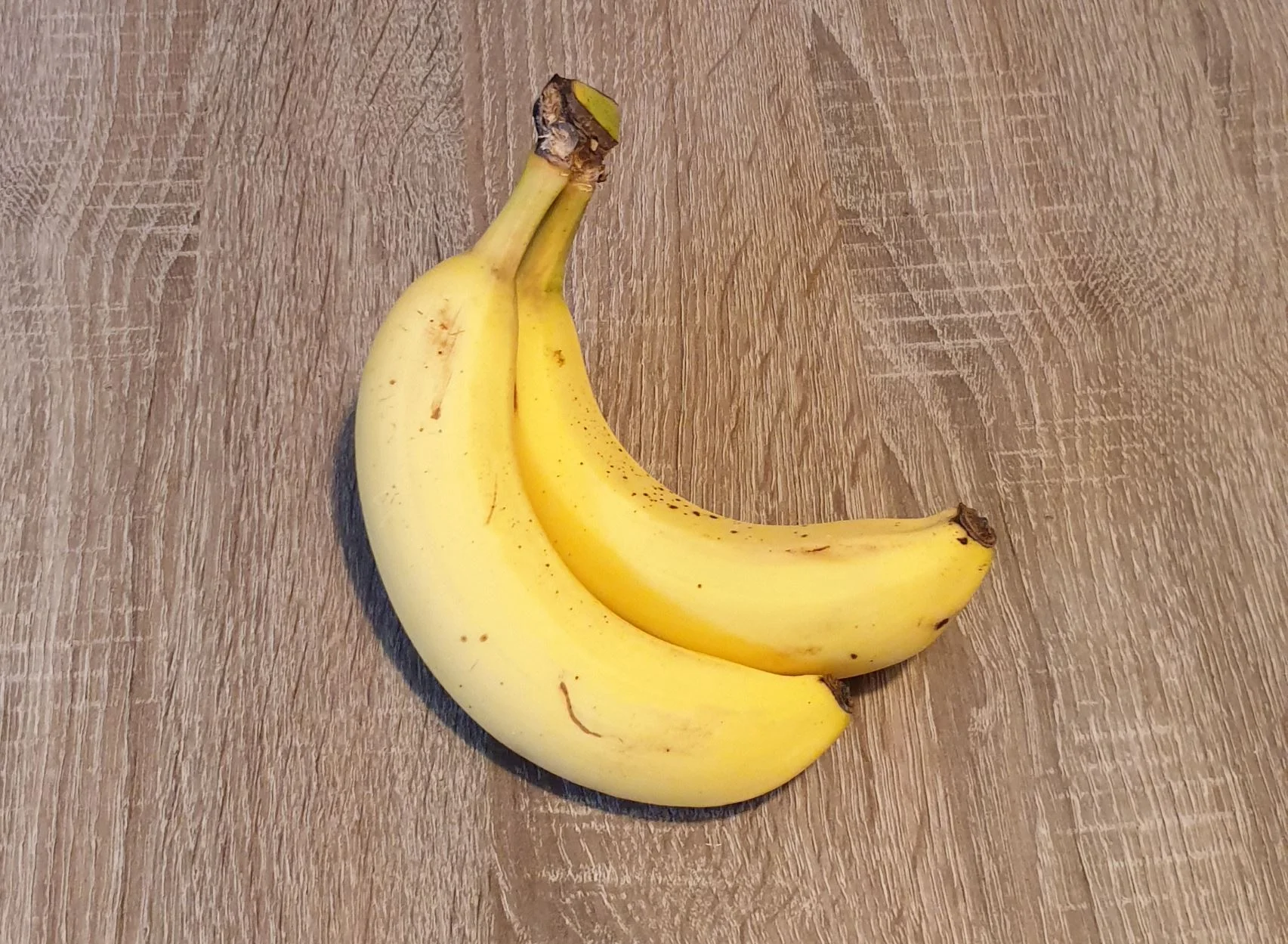Millions of people depend on bananas, but cultivation is very vulnerable to diseases and the effects of climate change. There is a need for new banana varieties that are more resistant to this.
Image Credit: M. Bun via Universal-Sci CC BY 2.0
It may surprise you, but the banana is one of the most important food crops on the planet. Similar to rice, wheat, corn and potatoes. 148 million tons of bananas are grown every year. For an estimated 30 million people, mainly in Africa and Asia, the banana is an indispensable food component. Not only dessert bananas, but also baking, cooking and beer bananas are an important source of food and income.
But the cultivation of bananas is facing major challenges according to professor Rony Swennen, head of the Laboratory of Tropical Plant Cultivation at KU Leuven. Professor Swennen has been doing research on bananas for more than 40 years. The world population is growing, so banana production must increase as well. Plantations usually only grow one type of banana and that makes them very vulnerable to diseases and the consequences of climate change.
Need for diversity
To ensure the future of bananas, KU Leuven concludes a new agreement with Bioversity International, an international research center for sustainable agricultural development, biodiversity and food security.
There is a need for new, resistant banana varieties and KU Leuven can play an important role in this. The university houses the "Bioversity International Musa Germplasm Collection", which contains more than 1500 wild and edible banana varieties. Ines Van denhouwe (Bioversity International) manages the collection: “It is the largest collection in the world and is an important source of diversity. It is within that biodiversity that we must look for new, smart, resilient bananas. The agreement between KU Leuven and Bioversity International will help us in that search. "
Many plantations only grow one type of banana which makes them vulnerable - Image Credit: Ioana Cristiana via Unsplash
Climate smart bananas
"Bananas are a crucial part of the diet, especially in Africa and Asia," says Professor Swennen. “In Uganda, for example, bananas account for 20 percent of the daily intake of calories, in the west of the country that can even go up to 70 percent. To improve cultivation, we need more research, but also better agricultural techniques and sufficiently healthy banana varieties. In the longer term, we want to know for each climate which banana type feels best in it. That way we can map a whole range of "climate smart bananas". "
Juan Carlos Restrepo, the new director general of Bioversity International, supports that ambition. “We must protect and use the diversity of bananas. Millions of people depend on bananas, as a food source but also as a source of income. With this agreement we want to ensure the future of the banana. Further research should lead to new, suitable varieties: banana varieties that are more resistant to diseases and drought, and that are even more nutritious. The species must also fit into the socio-economic context in which they are grown. The knowledge of local farmers plays an important role in this. Collaboration is crucial to make banana cultivation more productive. "
"The university is proud of the joint efforts of Bioversity International and Professor Swennen's team, and the results they have already achieved," says Koen Debackere, General Manager of KU Leuven. “The constant cross-fertilization between fundamental science and effective valorization strategies is characteristic of KU Leuven's ambitions in the field of science and innovation. Given the current climate and demographic changes, it is imperative that we pay due attention to banana diversity and production in our research and valorization programs. Professor Swennen's team and Bioversity International have always done excellent work and will continue to do so. This agreement strengthens this long-term and strong cooperation and offers good prospects for the future of banana research and innovation.
Source: KU Leuven press release
If you enjoy our selection of content please consider following Universal-Sci on social media:









